As leaders in Brussels expressed dissatisfaction with Hungary’s decision to simplify the issuing of work visas for Russian and Belarusian citizens, the LIBE Committee also added the National Card program to its agenda just a few hours before the meeting. After the session Andras Laszlo, an MEP from the Fidesz-Christian Democrat (KDNP) alliance and a member of the LIBE Committee, emphasized that the European Commission was trying to exaggerate an issue where there was, in fact, little to see.
Correspondence between the European Commission and the Hungarian government on the National Card program has, to some extent, been concluded. Today, the Commission’s representative stressed that no evidence has been found to substantiate their concerns thus far. The various MEPs present also had the opportunity to pose questions to the Hungarian government representative, Minister Janos Boka, who was present in the European Parliament,
– Mr. Laszlo noted, adding that "the Patriots for Europe group, through my intervention, explicitly requested that Hungarian government representatives be invited, because dialogue can only take place if both sides are present. Instead, the committee’s chairman awkwardly repeated several times that the Hungarian government had not requested to speak, even though they too had the opportunity to invite anyone to the meeting," he explained. "Again and again, they raised questions that have already been answered in correspondence from the Hungarian government, or in statements, as well as in an information letter we sent out jointly with MEP Kinga Gal. So, logically, either the members didn’t read the material, or they pretended not to know this information, because they couldn’t raise any specific objections," Mr. Laszlo added.
The MEP also pointed out that the number of new permits is negligible, so there is no massive influx as the international press and many Western European politicians have been scaremongering about. On the other hand, the migration crisis has remained unresolved for a long time, with millions having flooded the continent over the past ten years.
As Magyar Nemzet highlighted earlier, the pro-war majority in the European Parliament believes that the extension of Hungary’s National Card program to Russian and Belarusian citizens poses a threat to EU security. Speaking at today’s press briefing, European Affairs Minister János Bóka refuted this claim, stressing that citizens participating in the scheme would continue to be subject to strict controls. He emphasized that
only ten Russian and four Belarusian citizens have received national cards since the program was introduced, while more than 720,000 Russian and 85,000 Belarusian citizens are already living in Europe.
He added: "Hungary accounts for only one percent of the Russian and Belarusian citizens already residing in the EU, so the pro-war left, which is agitating against our country, should be scrutinizing the other EU member states instead."
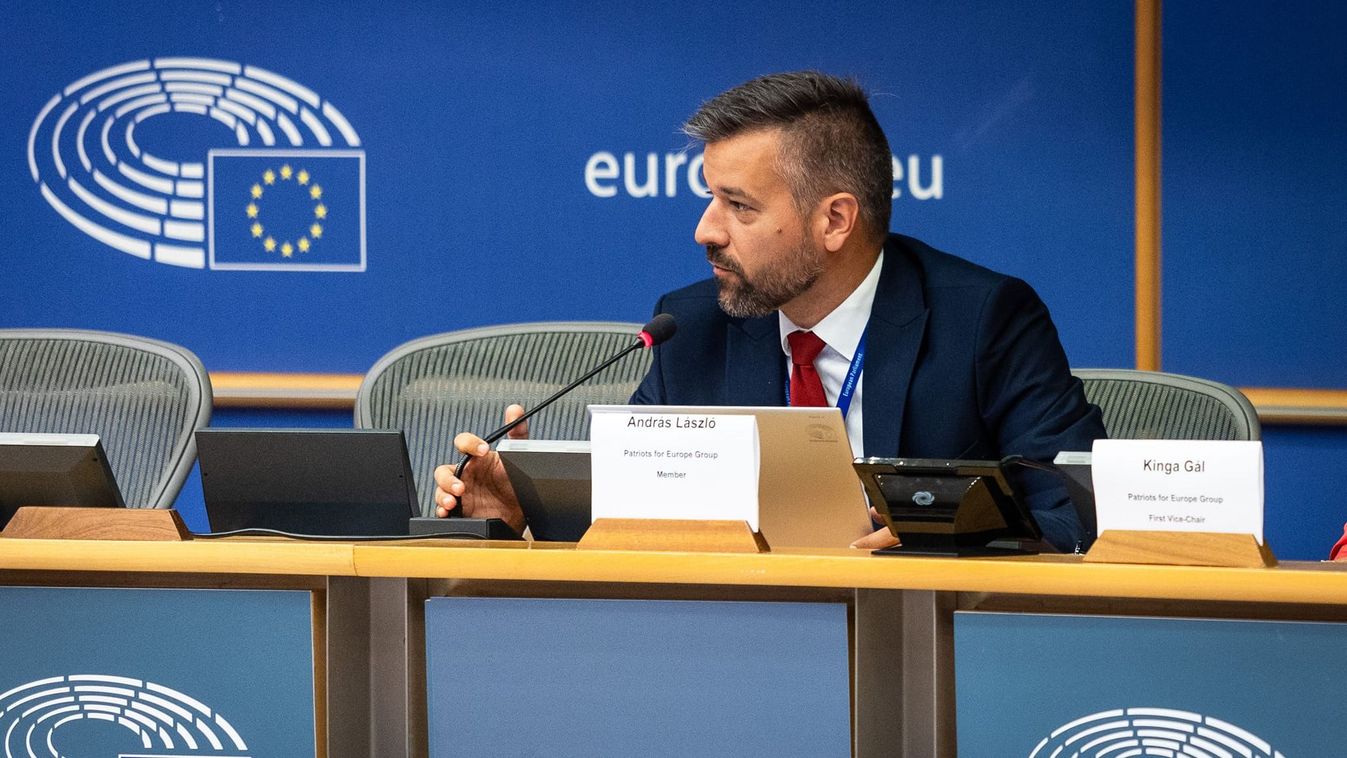
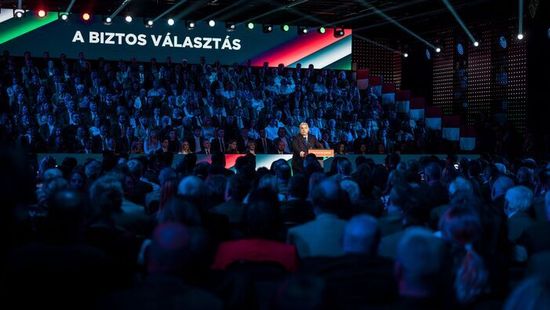
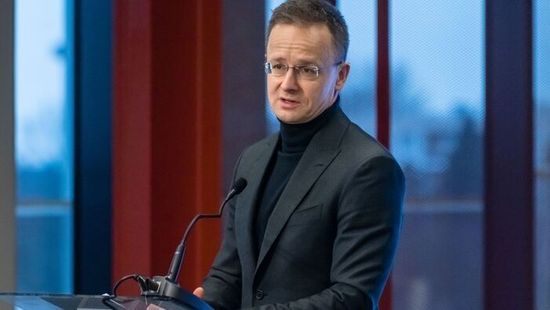
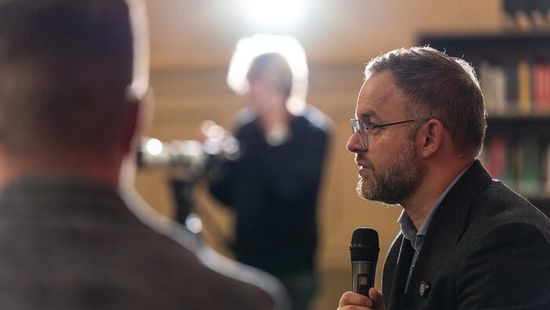
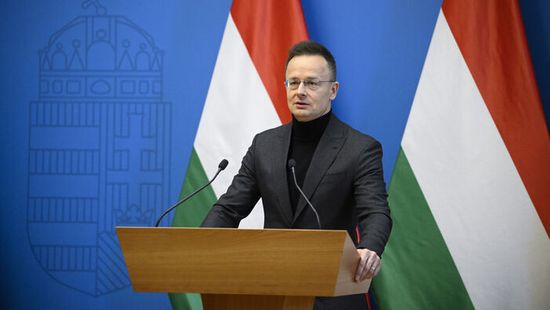

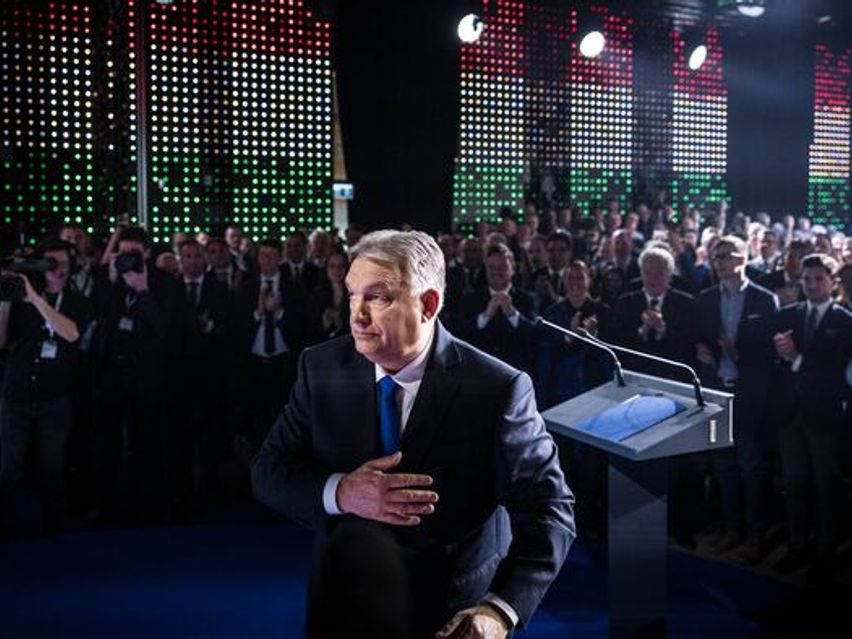
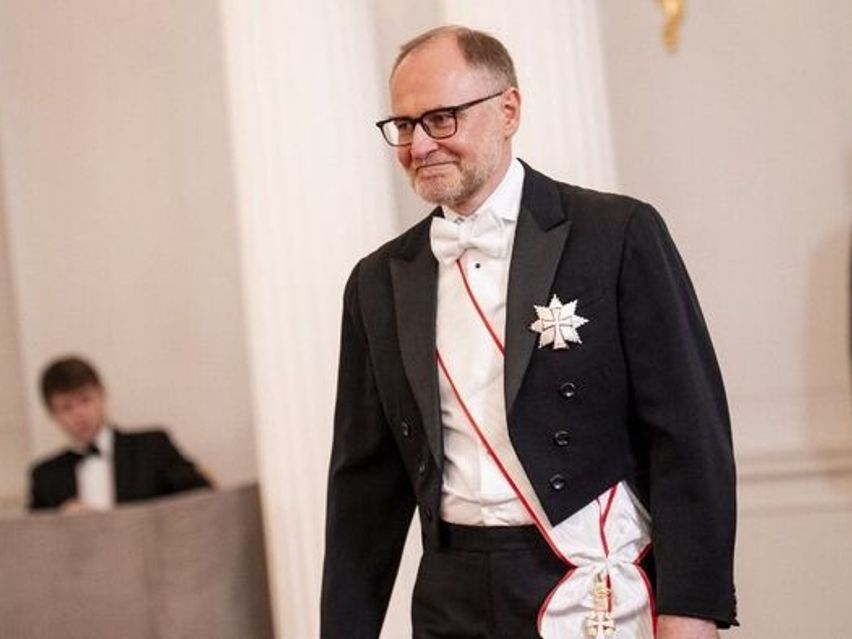

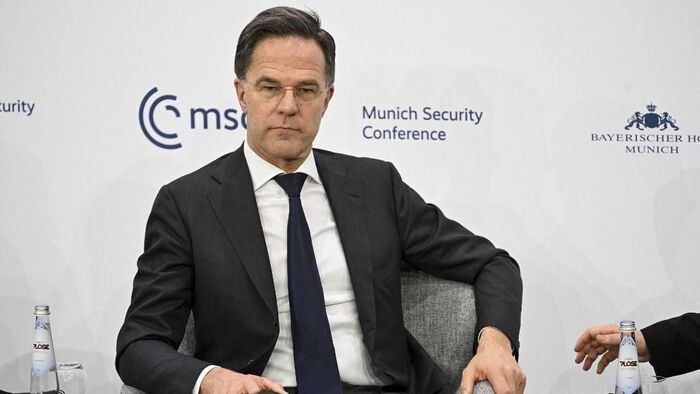

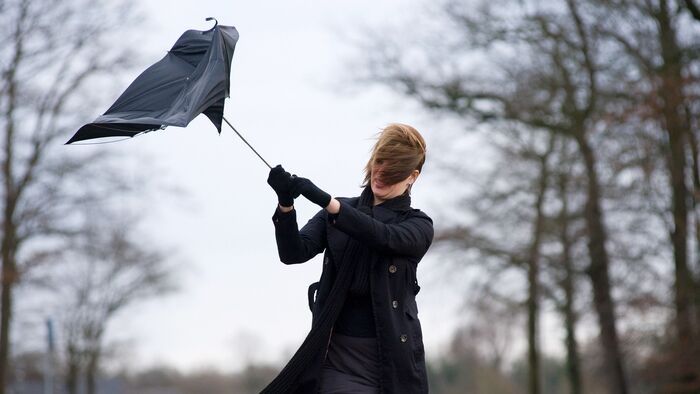
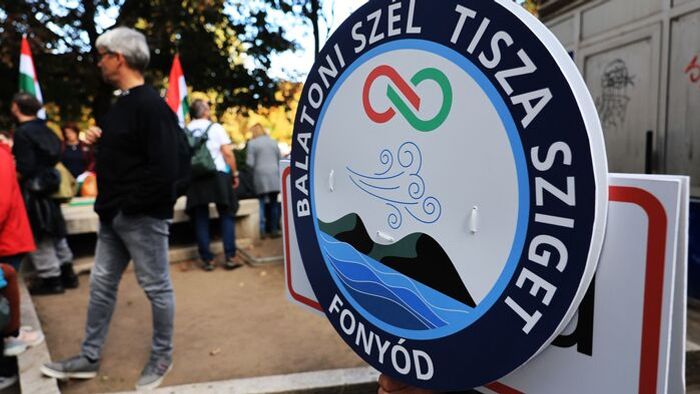
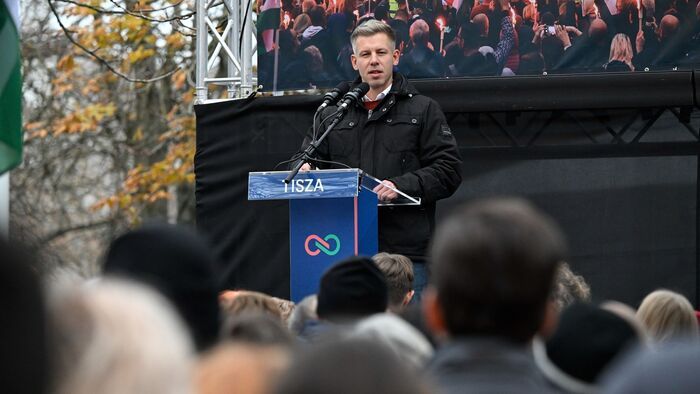
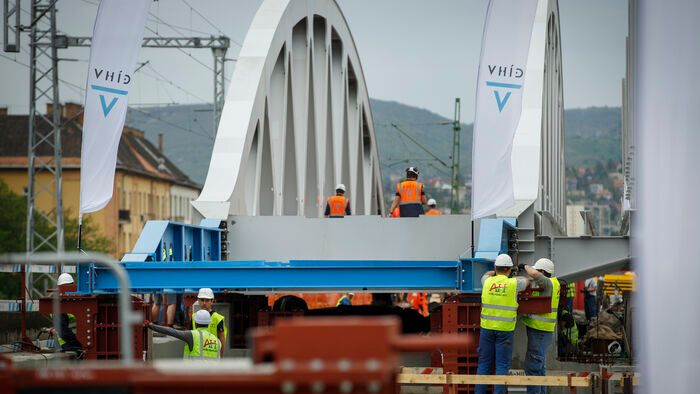
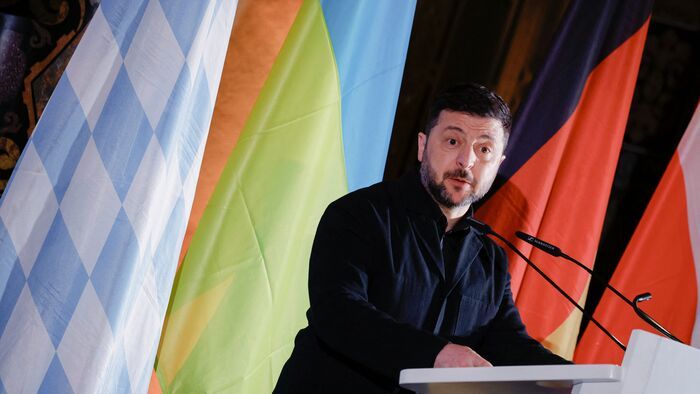
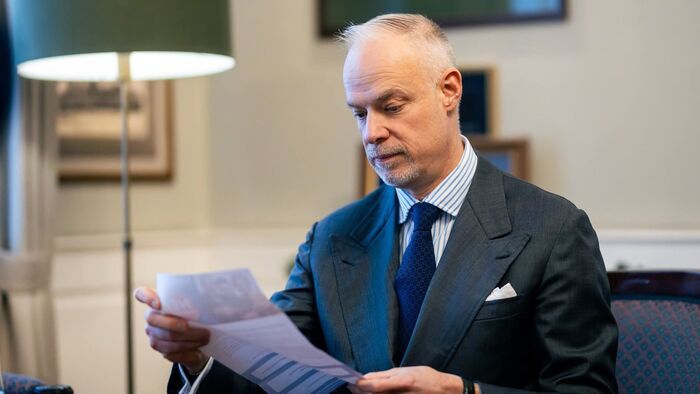
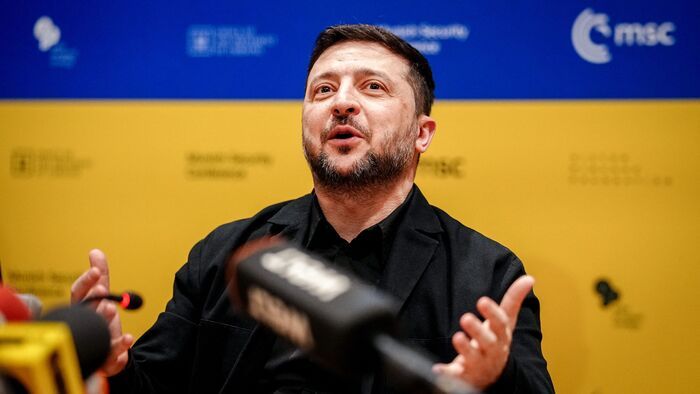

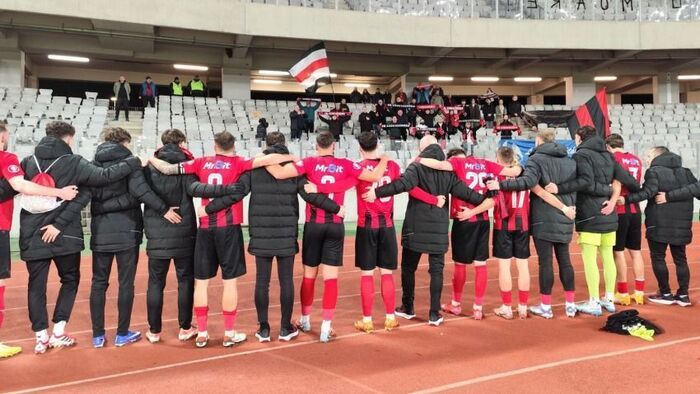

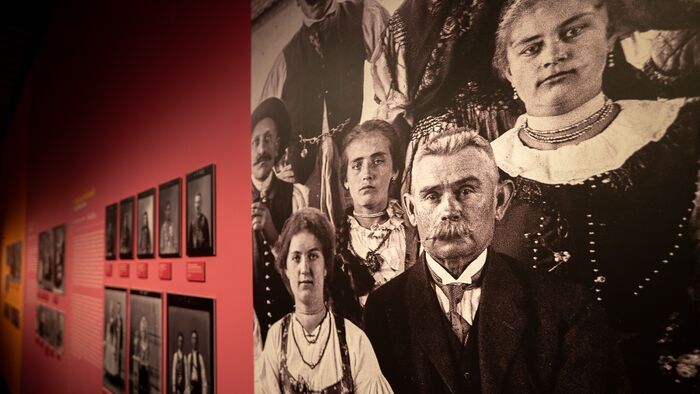

Szóljon hozzá!
Jelenleg csak a hozzászólások egy kis részét látja. Hozzászóláshoz és a további kommentek megtekintéséhez lépjen be, vagy regisztráljon!